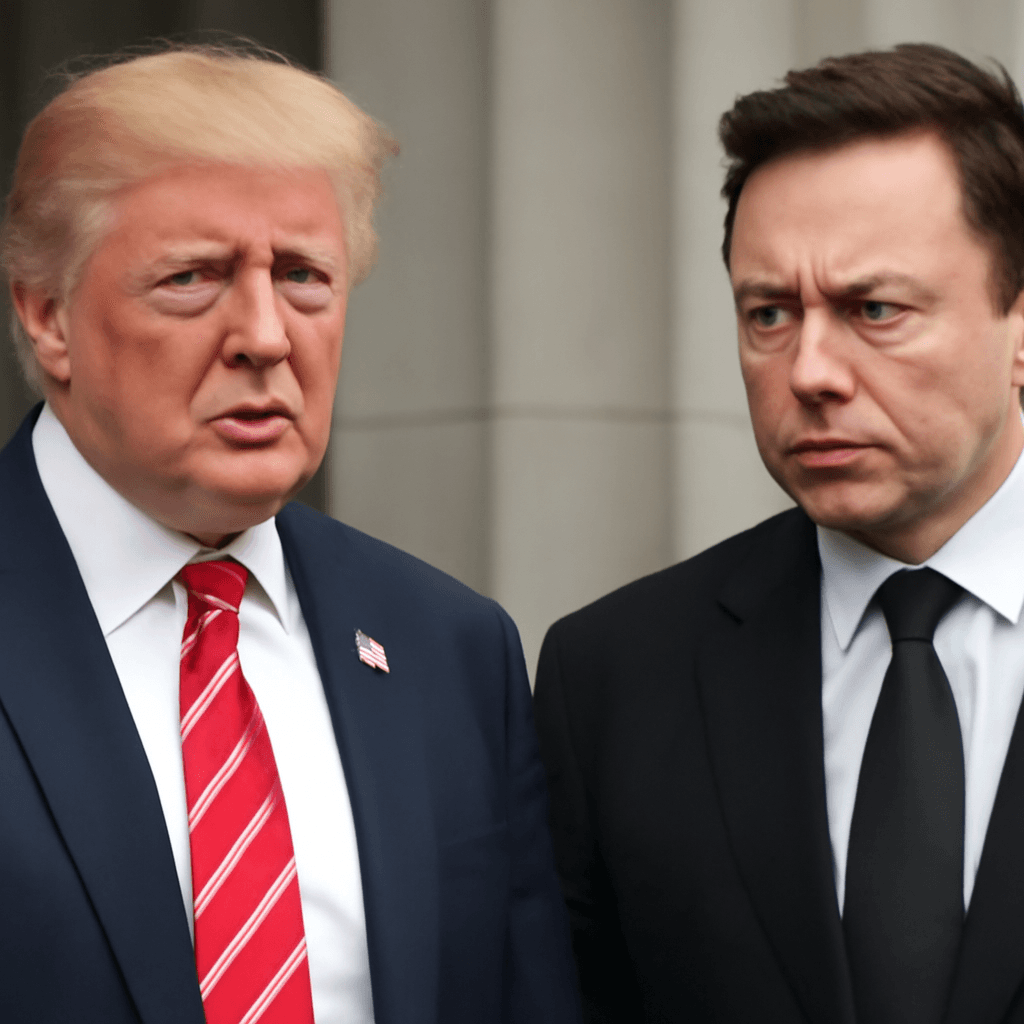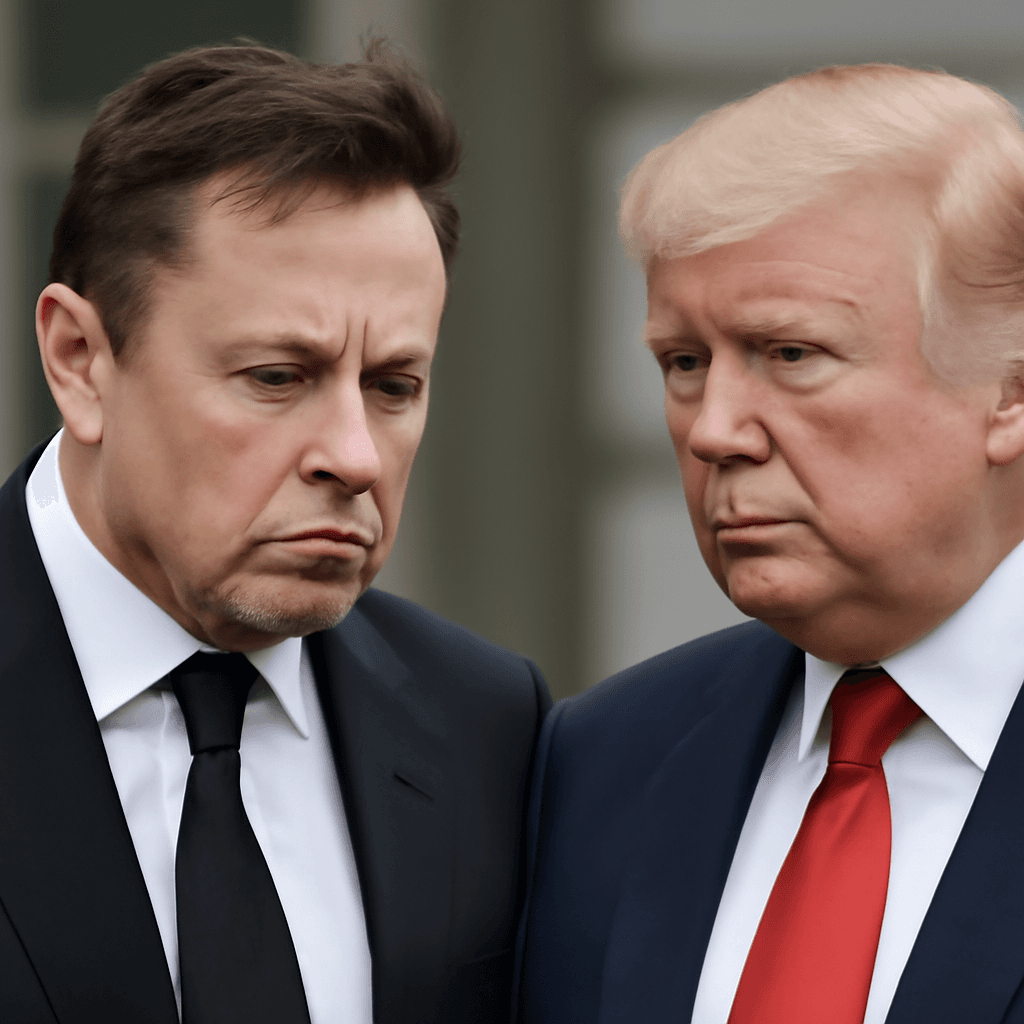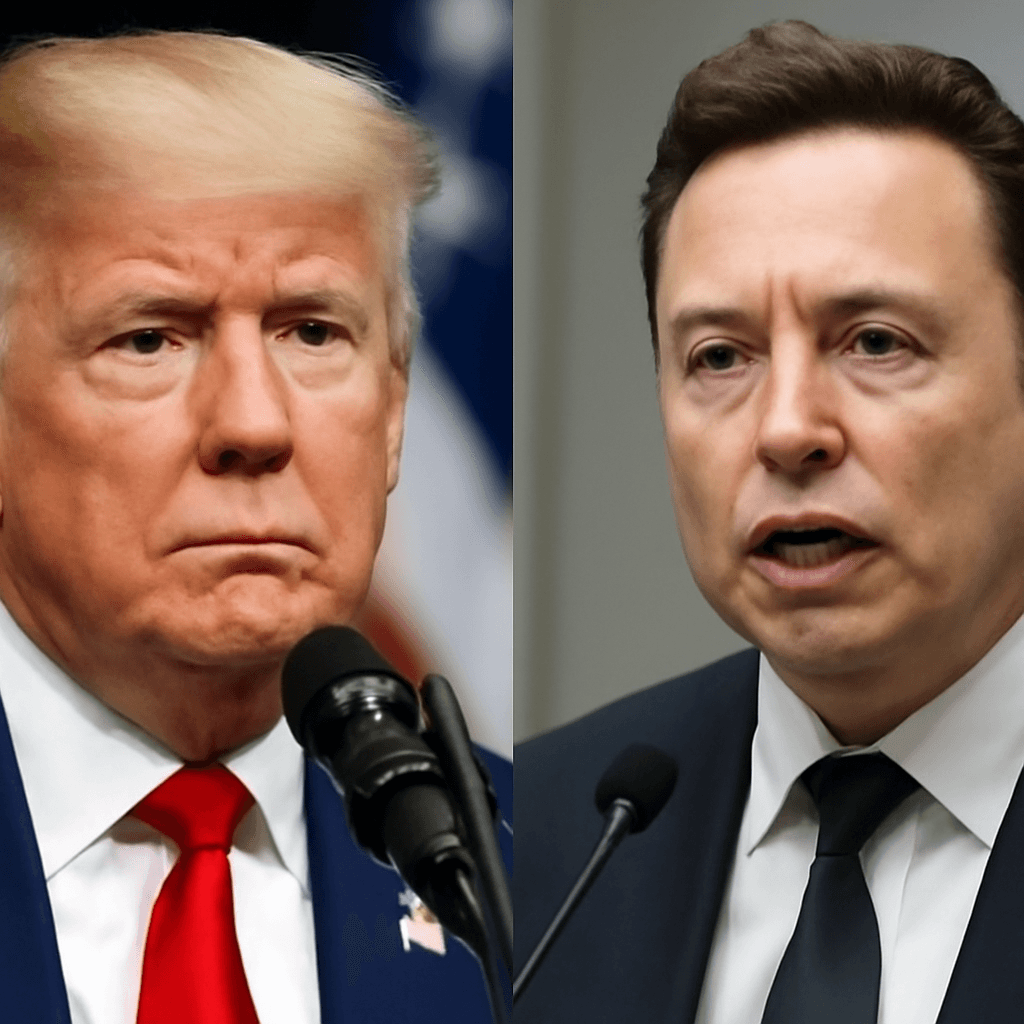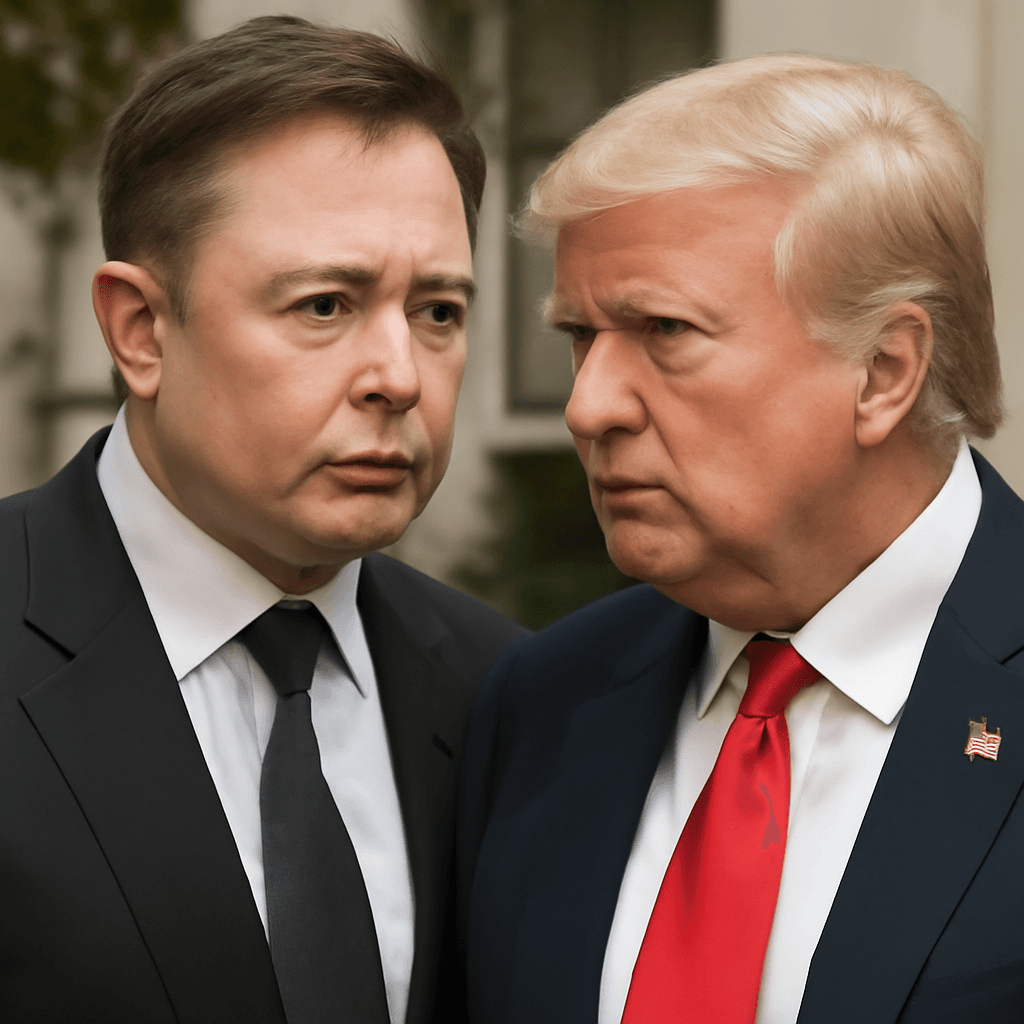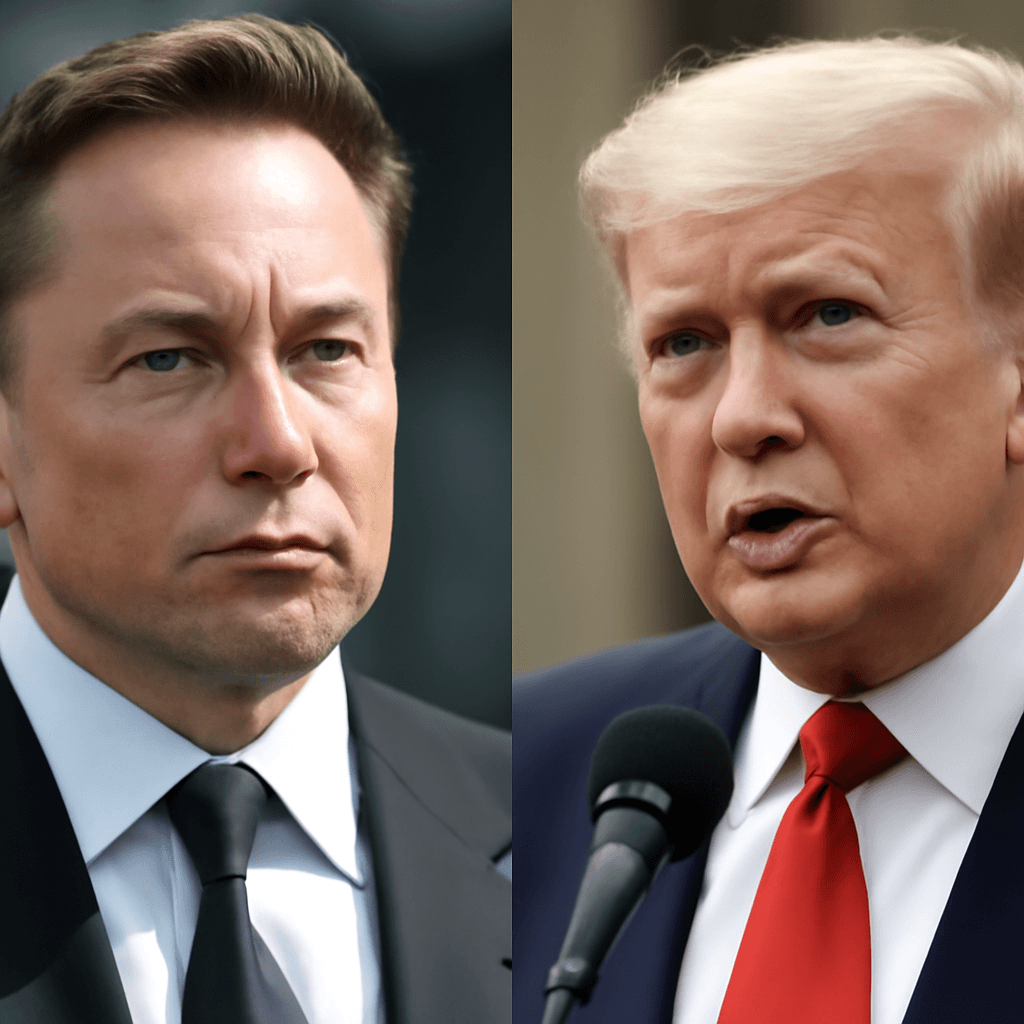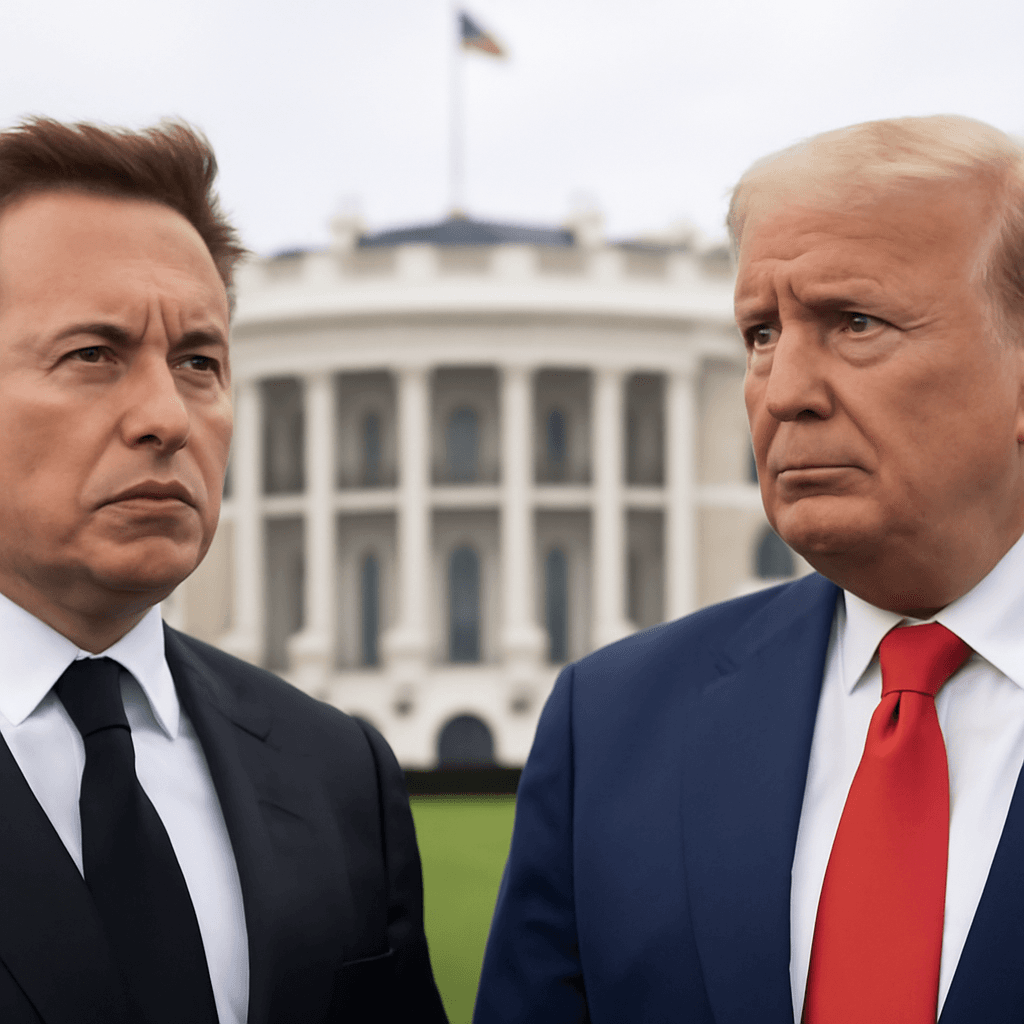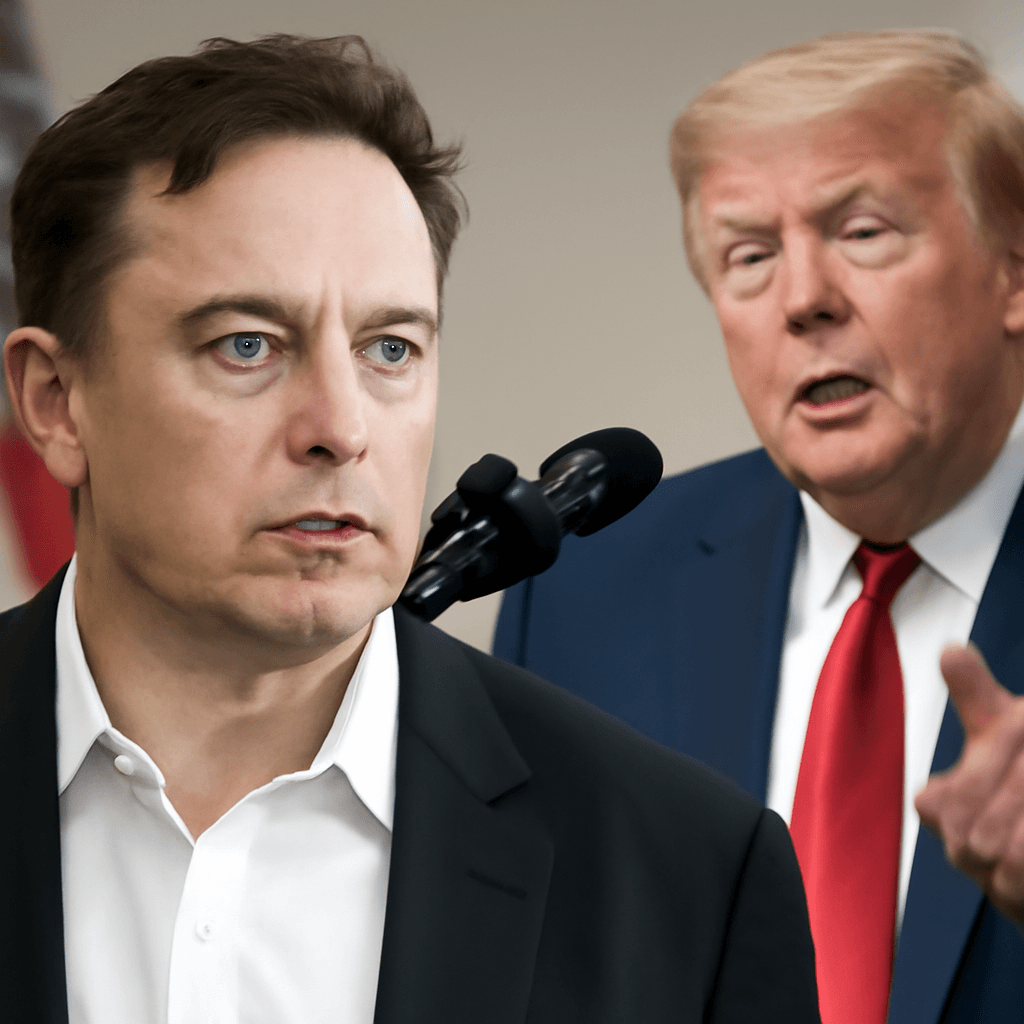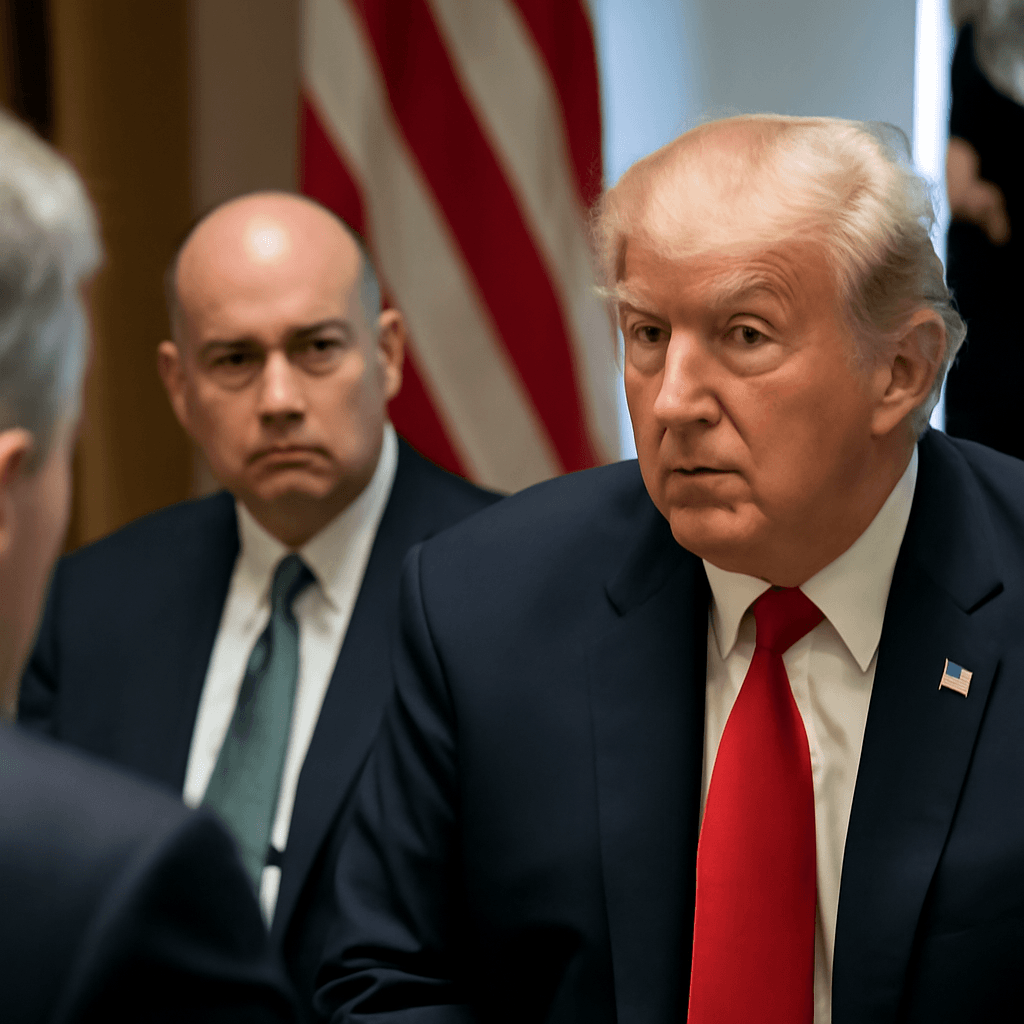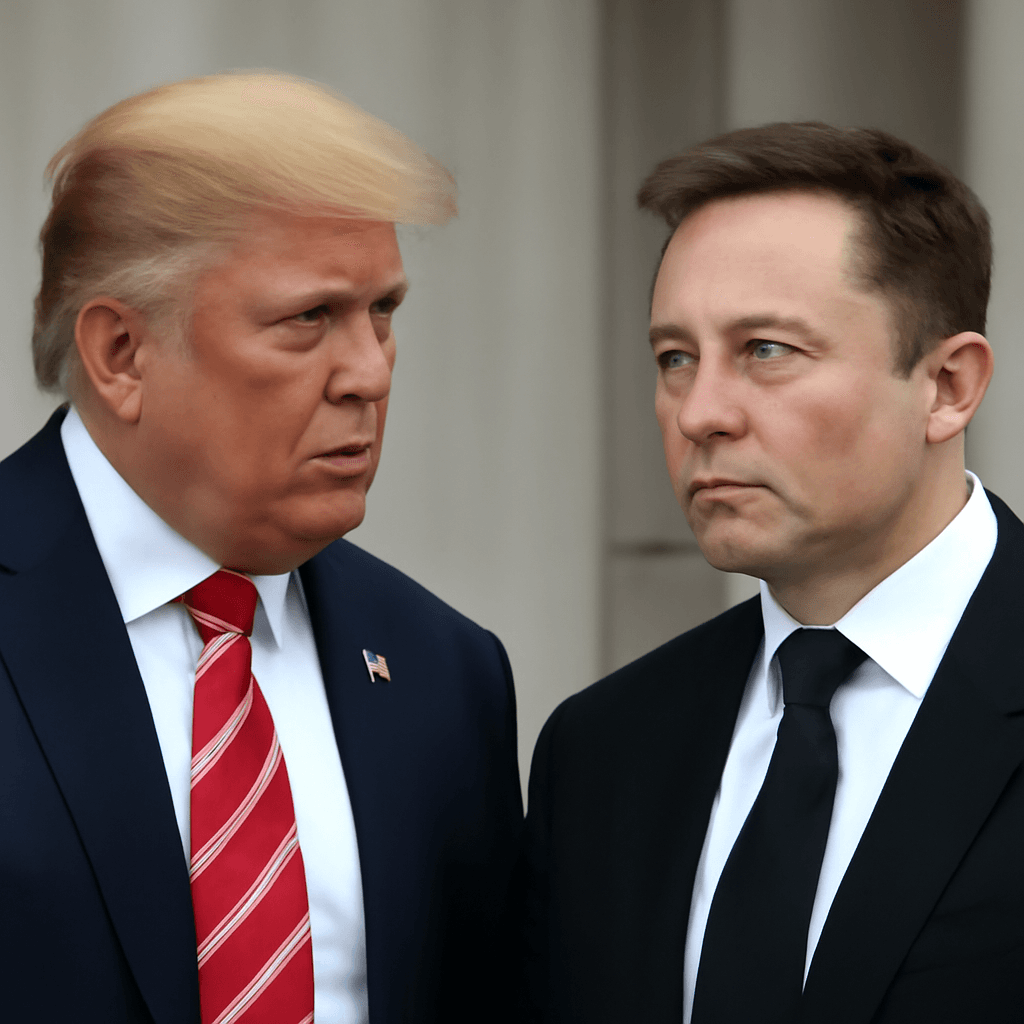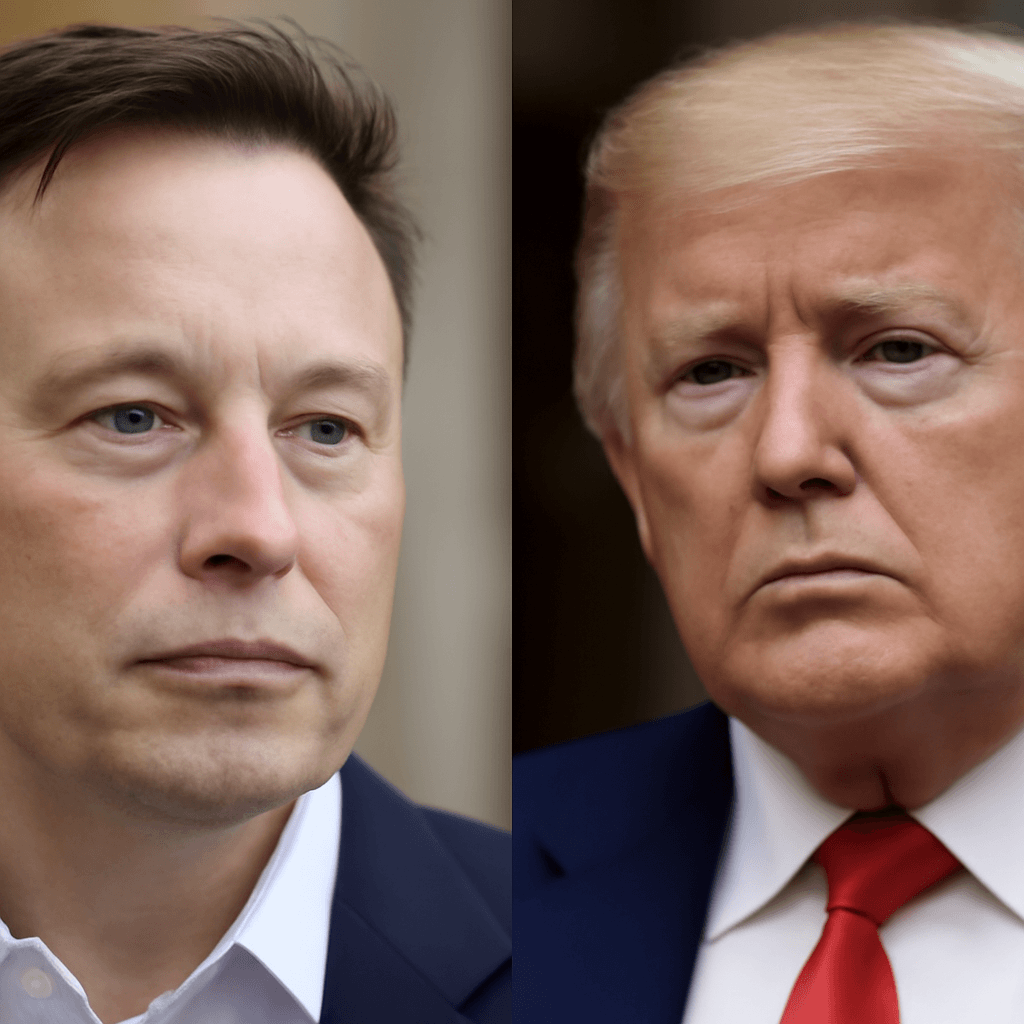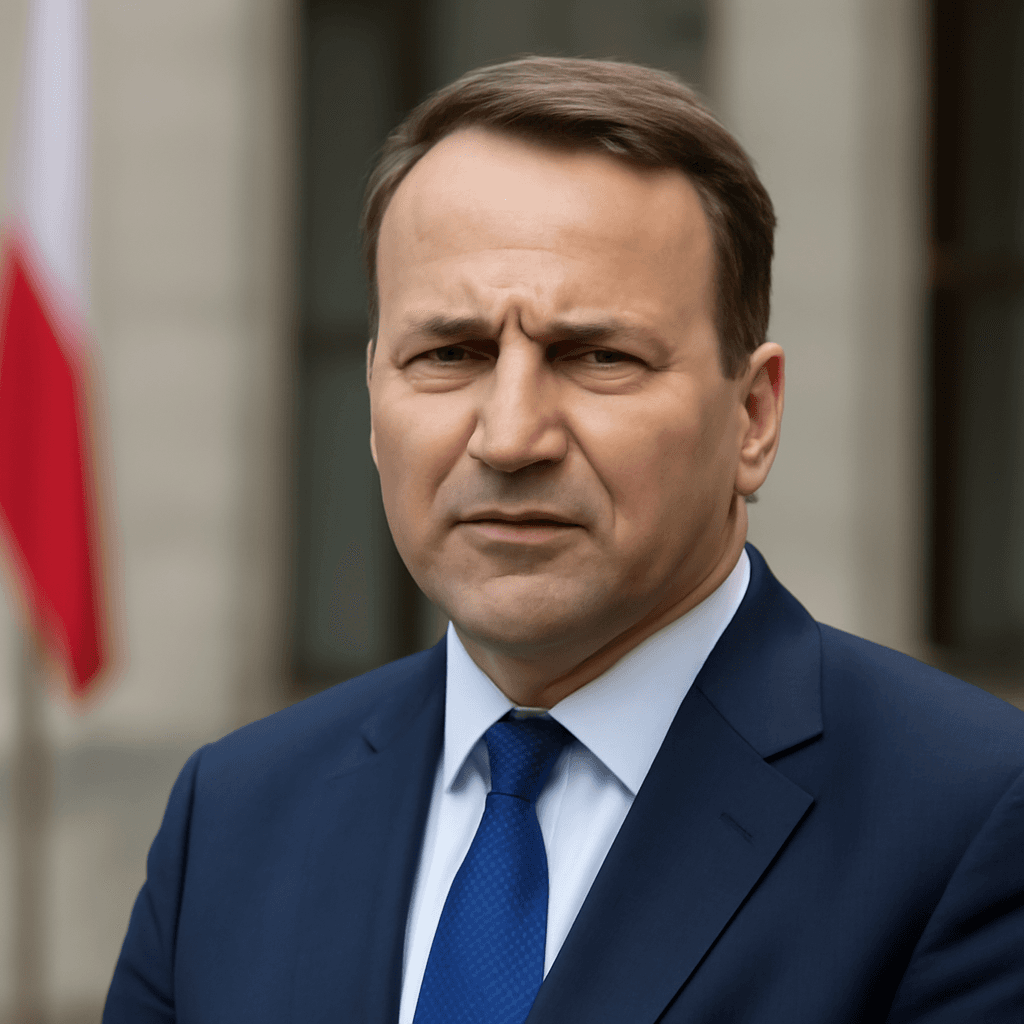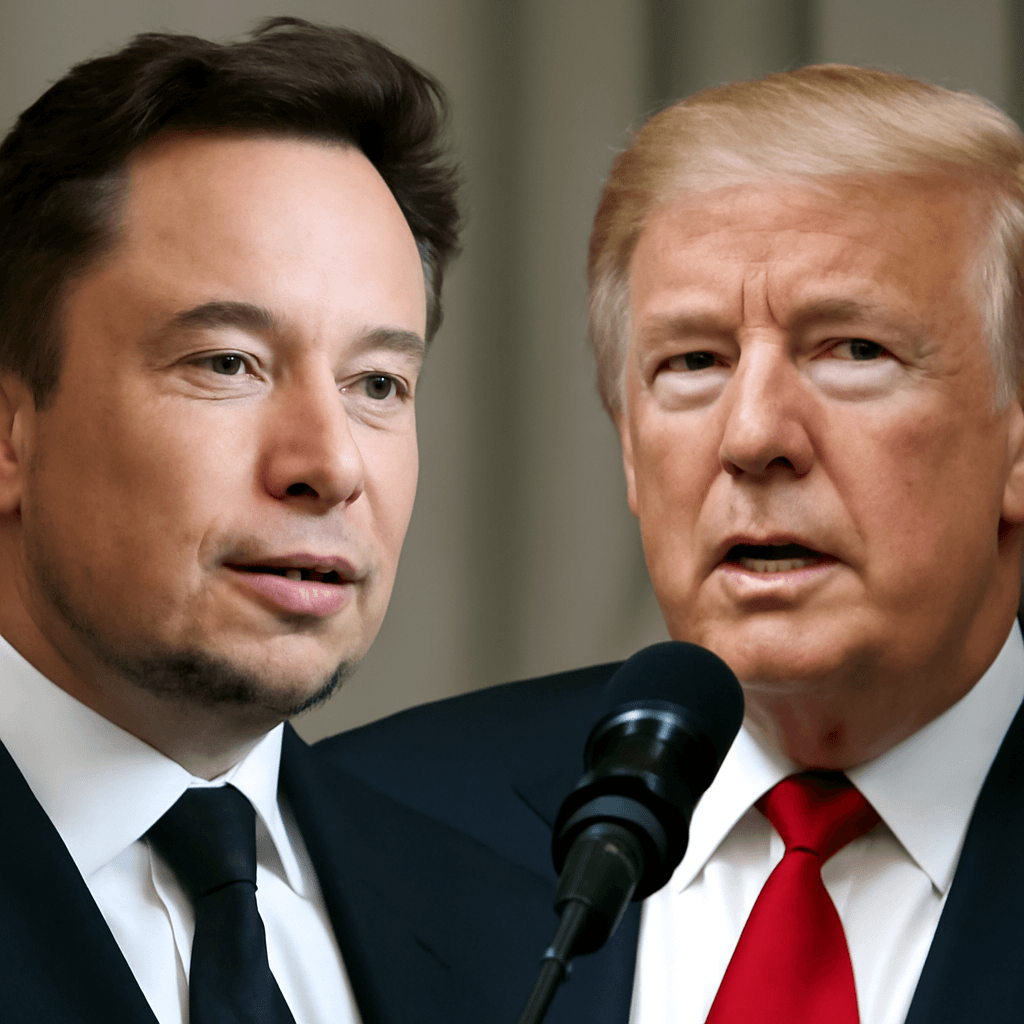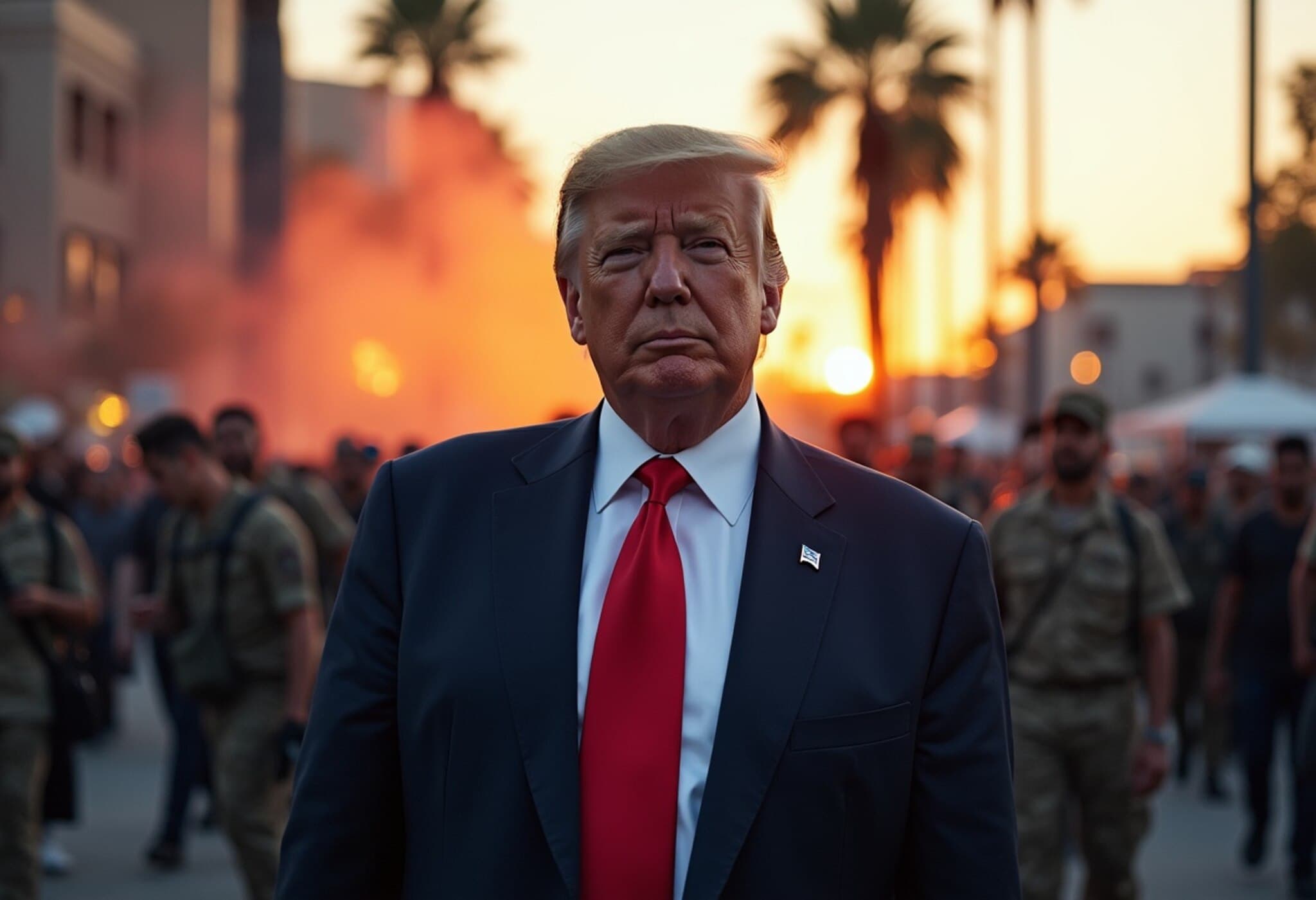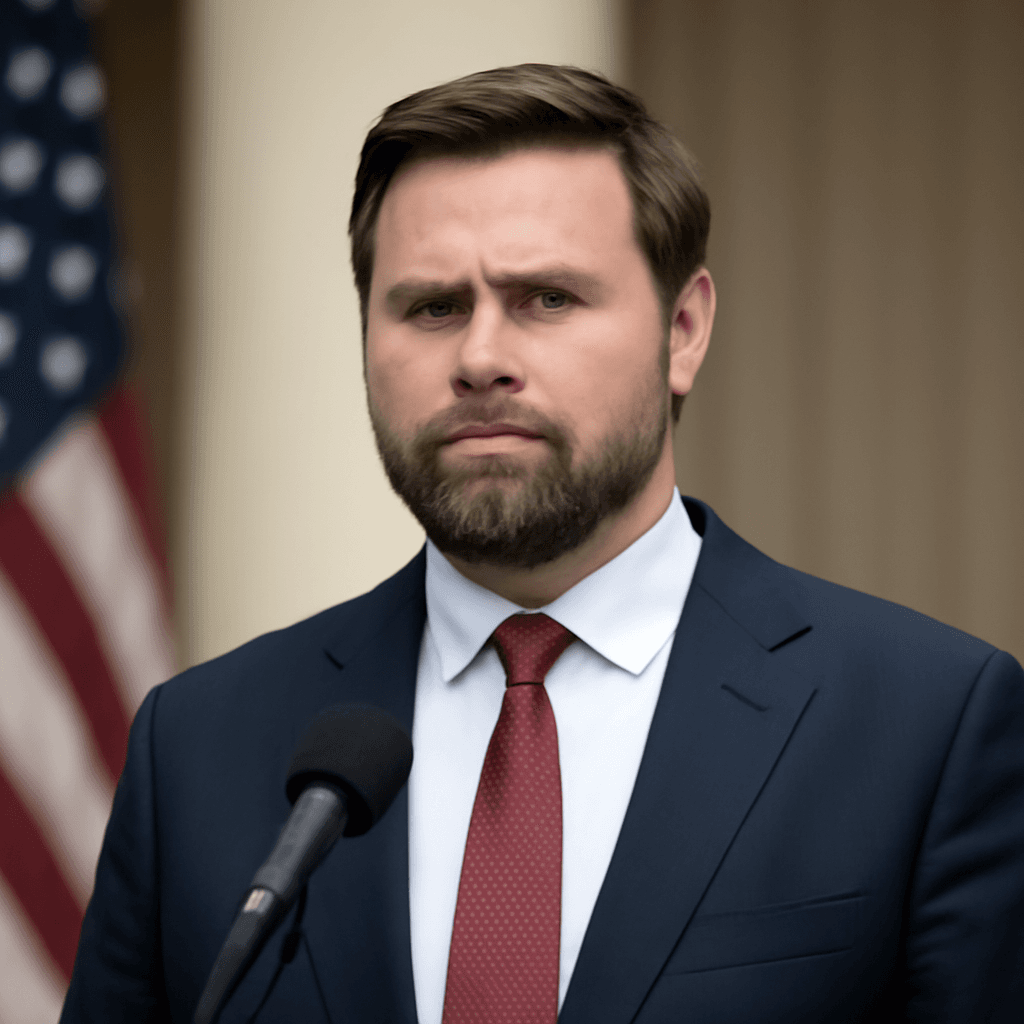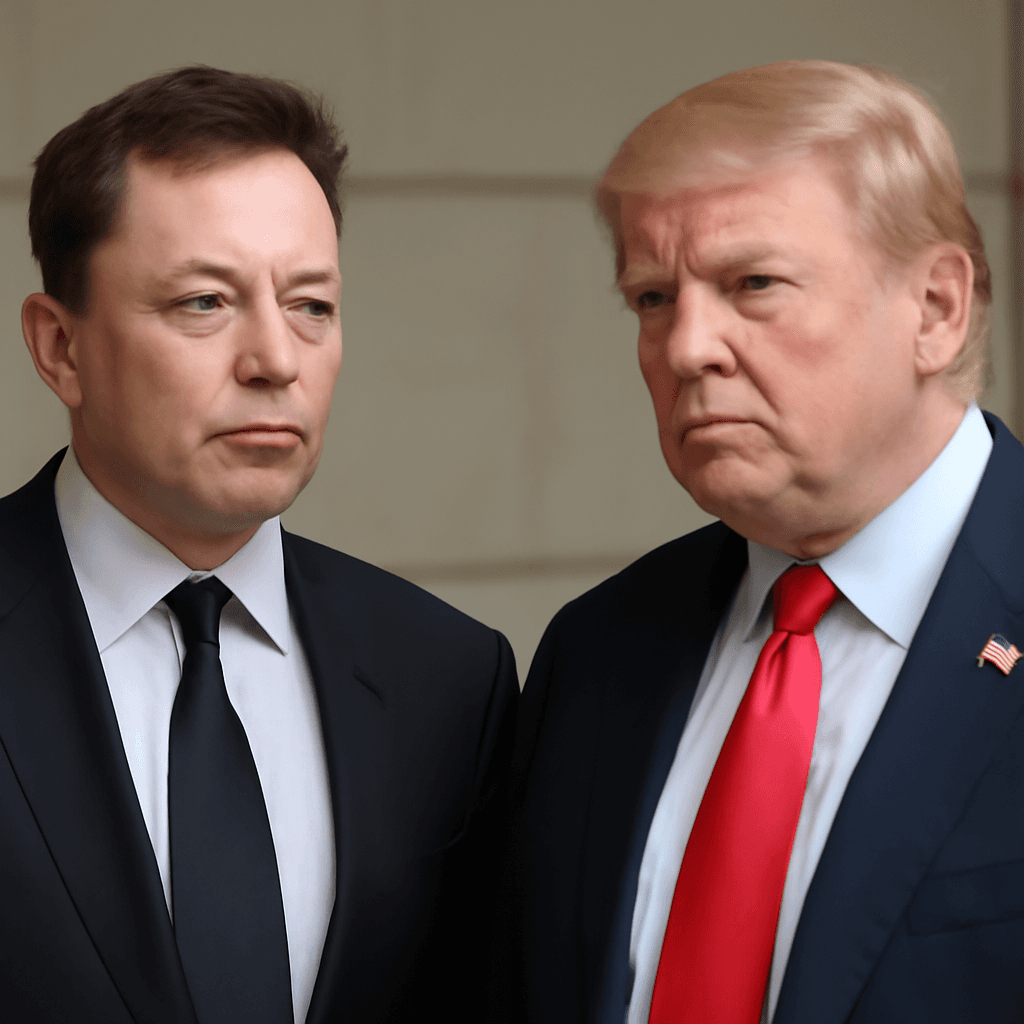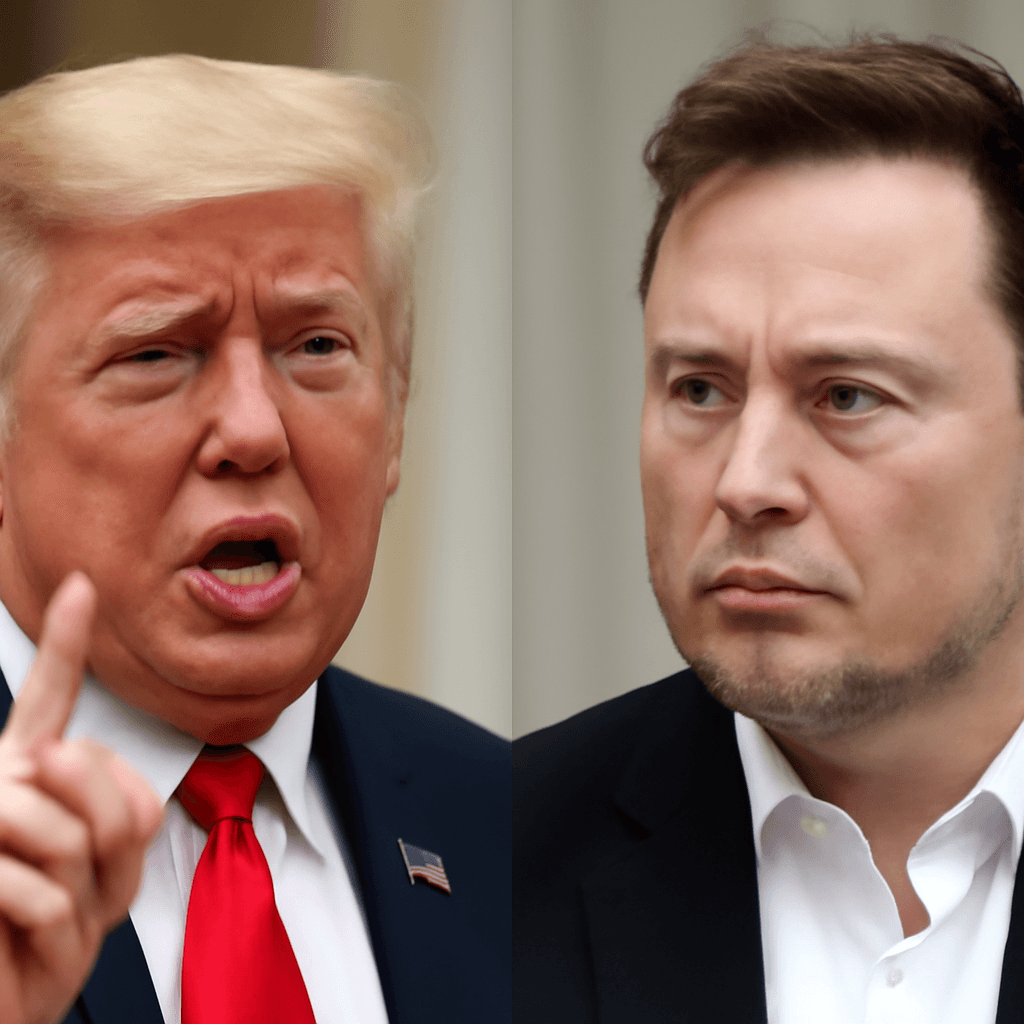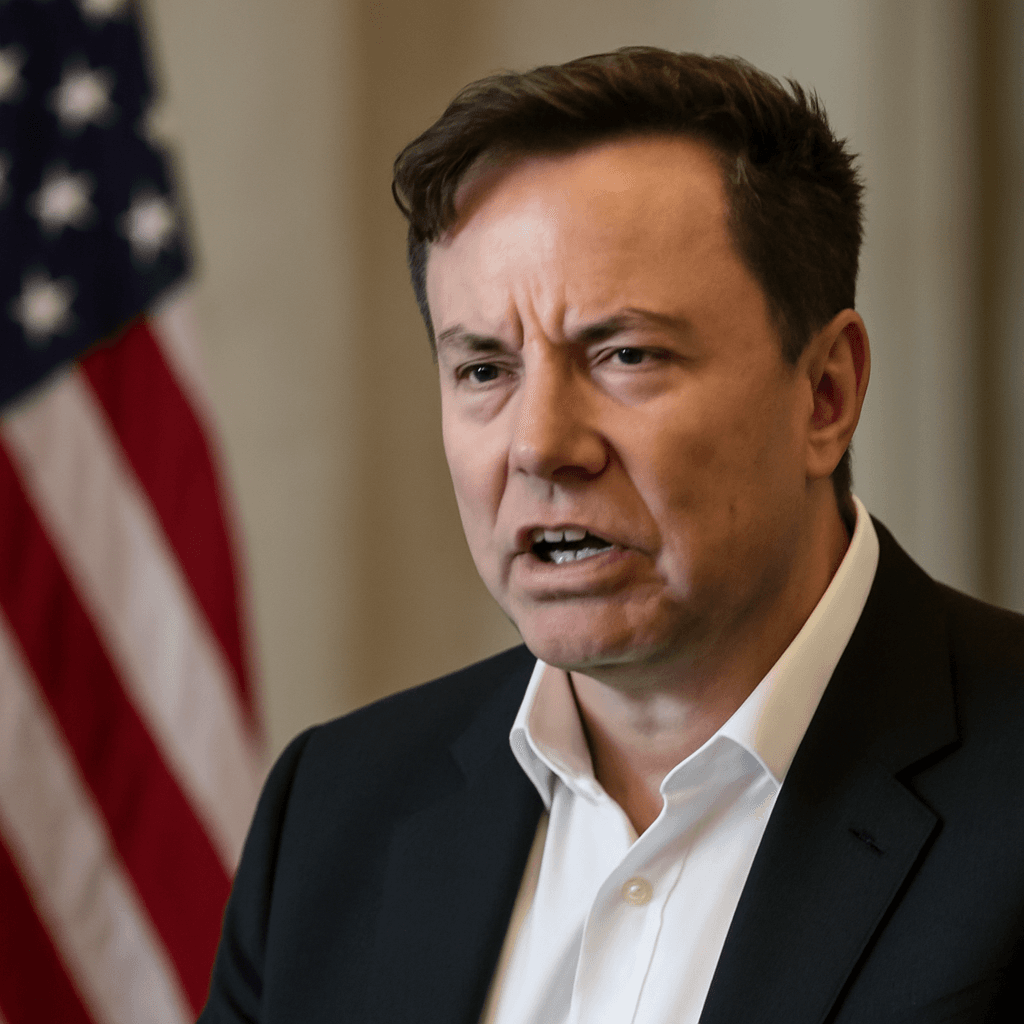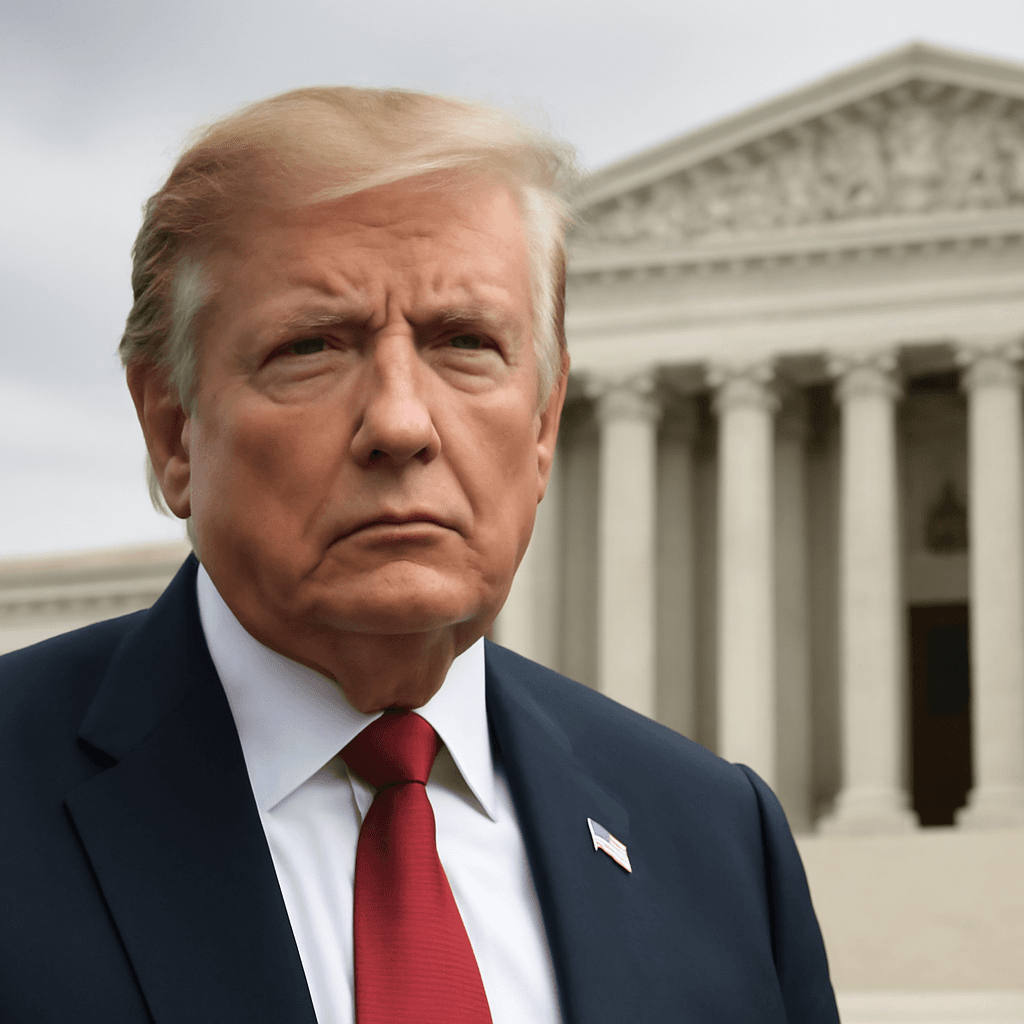The Rise of a High-Profile Alliance
If the American political landscape were a reality show, the partnership between Donald Trump and Elon Musk could easily be described as its breakout power couple. Trump, the businessman and former president known for his bold slogans and rallies, partnered briefly with Musk, the tech entrepreneur behind SpaceX, Tesla, and innovative projects like the flamethrower and underground tunnels.
Initially, this unusual alliance was marked by mutual admiration and collaboration that blended Trump's political spectacle with Musk's technological ambitions. However, as with many high-profile relationships, the partnership evolved into public conflict.
Ideological Divergence and Early Developments
During Trump’s first term, Musk distanced himself from the administration, notably resigning from White House advisory councils after the US withdrawal from the Paris Climate Agreement in 2017. Musk's Silicon Valley libertarianism was at odds with Trump's nationalist rhetoric.
However, in mid-2024, following an assassination attempt on Trump, Musk publicly endorsed him and became the largest Republican donor, contributing nearly $300 million. This support aligned with Trump's infrastructure campaign, emphasizing rural internet access through Musk’s SpaceX Starlink.
Musk’s backing also brought influence from Silicon Valley political theorists advocating strong executive power and technocratic governance, blending with Trump’s populist messaging.
The Department of Government Efficiency (DOGE) and Public Collaboration
By early 2025, the partnership formalized when Trump appointed Musk to lead the newly created Department of Government Efficiency (DOGE), a cabinet-level role focused on streamlining federal bureaucracy and cutting costs.
- Musk livestreamed audits and actively promoted cost-cutting efforts via social media.
- Simultaneously, Trump publicly celebrated Musk, lauding his technological achievements at events such as Mar-a-Lago fundraisers.
- The duo frequently appeared together, further solidifying their alliance in the public eye.
Emerging Policy Conflicts and Growing Rift
Despite the outward show of unity, underlying tensions grew over critical issues such as immigration and trade tariffs.
- Trump’s push for restricting H-1B visas clashed with Musk’s advocacy for attracting high-skilled international talent, especially in AI and aerospace.
- Musk opposed tariffs aimed at penalizing countries subsidizing exports, cautioning against increased production costs detrimental to innovation.
- The administration’s proposed tax and spending bill, while popular with the MAGA base, included cuts to clean energy incentives, notably harming electric vehicle subsidies—something Musk openly criticized.
These disagreements led to increasing public dissent from Musk and growing mistrust among Trump’s political allies, who accused Musk of prioritizing corporate interests over nationalist policies.
The Breaking Point and Public Fallout
The relationship deteriorated sharply in June 2025 during a closed-door White House meeting where Musk openly criticized key policy initiatives on social media, including calls for Trump’s impeachment.
Trump retaliated by threatening to revoke federal contracts and subsidies supporting Musk's ventures (Tesla, SpaceX, Starlink), citing budgetary concerns. Musk responded by fueling conspiracy theories involving Trump, escalating tensions to a highly public and acrimonious level.
Aftermath and Political Implications
The dispute caused turmoil within the Republican party and affected government contracts and nominations linked to Musk allies. Several GOP members sided with Musk, while the majority remained loyal to Trump.
Ultimately, Musk withheld part of his significant campaign funding, citing "fiscal betrayal," while Trump dismissed Musk’s dissent as "Trump Derangement Syndrome." This marked the definitive end of their political partnership.
Conclusion: A Clash of Titans
The Trump-Musk saga highlights the challenges of an alliance between two dominant personalities with divergent visions for America’s future. While Trump sought unwavering loyalty and political control, Musk desired autonomy and influence over technological innovation and governance.
Today, Trump continues to wield political power, while Musk remains a formidable figure shaping technology and public discourse, leaving the nation to observe the fallout of this extraordinary yet turbulent alliance.

